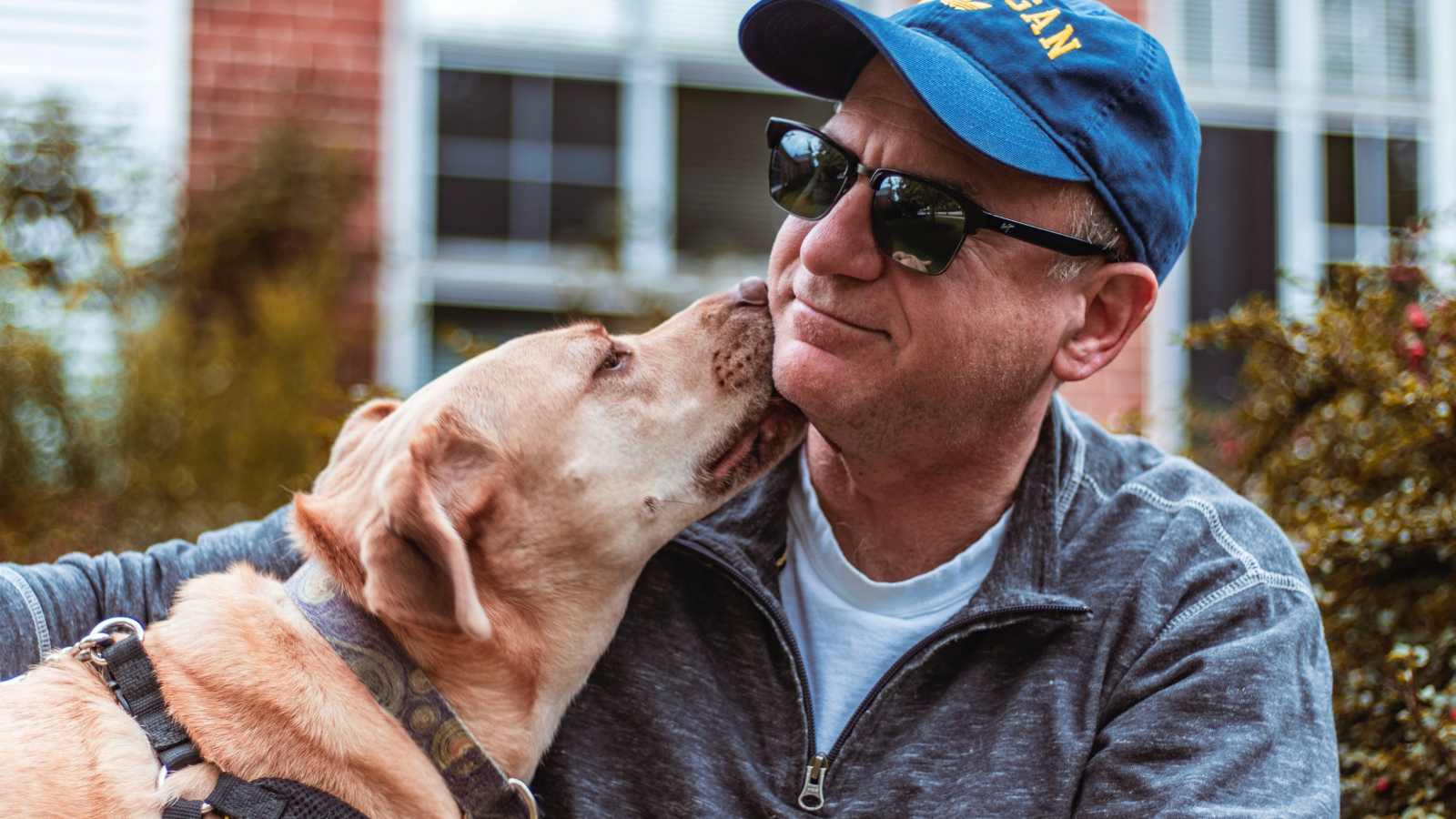Emotion-based scams are out in force right now. The latest saw an American serviceman — we will call him Dave — living in Germany who lost his life savings trying to buy a dog.
After downloading a recommended app to buy a pet — which he doesn’t blame, incidentally — he found a seller who claimed they had a litter of border collies for sale. There was only one drawback: the seller was across the country in eastern Germany.
When is Enough Enough?
Instead, the seller offered a dog-delivery service, which only cost an extra two hundred dollars — this seemed a viable option. However, here is where the scam took a stranglehold over its poor victim.
It started when the delivery company invoiced Dave for fees such as city taxes, a crate with A/C, and additional labor. With the cost of $1000, Dave’s skepticism was softened by a promise of 90 percent being refunded on delivery.
Moreover, his suspicions were on high alert when the delivery company told him he must pay in Bitcoin.
A Cruel End
First, the payment delay triggered more fees and penalties: extra lodging and out-of-date vaccine fines. This all came with the caveat that fees would be refunded on delivery. By now, Dave was $5,000 down.
Then, after Dave parted with another fee, the company told him the dog was sick in transit and needed quarantine. Finally, after three more days of anguish, they reported the dog had parvo and was euthanized under German law.
Slippery Slope
The scammers told Dave to invoice them for the amount paid and owed, and even though he assumed the ordeal was over, a company ‘member’ emailed him privately and told him he wouldn’t be refunded the taxes.
Dave then received a fraud alert email warning him they knew about this email and would be fining him. For fear of this bogus allegation getting to his military commanders, Dave paid again, pushing his total paid to $30,000. ” I was scared because they knew my address and information and would go to my military leadership.”
Pandemic Posturing
This time, the company promised to pay his refund in person, but he needed to pay $10,000 for them to travel in person due to Covid laws in place.
Dave was vulnerable, and when they assured him this was the last fee he would pay, a week later, he received an email stating travel was impossible due to Covid.
They then assured Dave they were discussing his important case before saying his funds were redirected the the “Veterinarian Health Association” (VHA), but he would get $120,000 due to his pet’s death in their care. The only thing they needed from him? Yes, correct: another $20,000.
More Than Bad Luck
A litany of bad ‘luck’ followed, including office floods destroying his record of fees paid, a VHA representative who had promised to help him, only dying weeks later to be replaced by his lawyer, and more fake taxes.
Dave shed $120,000 on this nightmare and has never seen a penny since. “All the forms and emails were super official looking.” To this day, he wonders if every actor in this scam was the same person. He is probably right.
Finally, he warned to avoid his scammers Global Infinity Delivery Mattis Groos and Mr.David (representative) Veterinary Health Association (VHA).
Sunken Cost Fallacy
Firstly, most responses to his tragedy were less than sympathetic, considering all the flags Dave ignored and continued not to see. Why would you just keep sending more after the first payment? Many responders echoed this sentiment.
Recovery Scammers
Did you know some scammers don’t even draw the line there? Warnings about recovery scammers were coming in, stating how Dave needed to be careful of any companies offering to retrieve the money for him. So one might say the fake VHA episode already ticked this box.
Rescue Not Retail
Naturally, dog owners were saddened by the story, with some offering condolences for pursuing a better life companion. However, others were less optimistic, asking why he didn’t just go to a shelter where Dave could have found his new friend for a small fee without losing his wealth.

